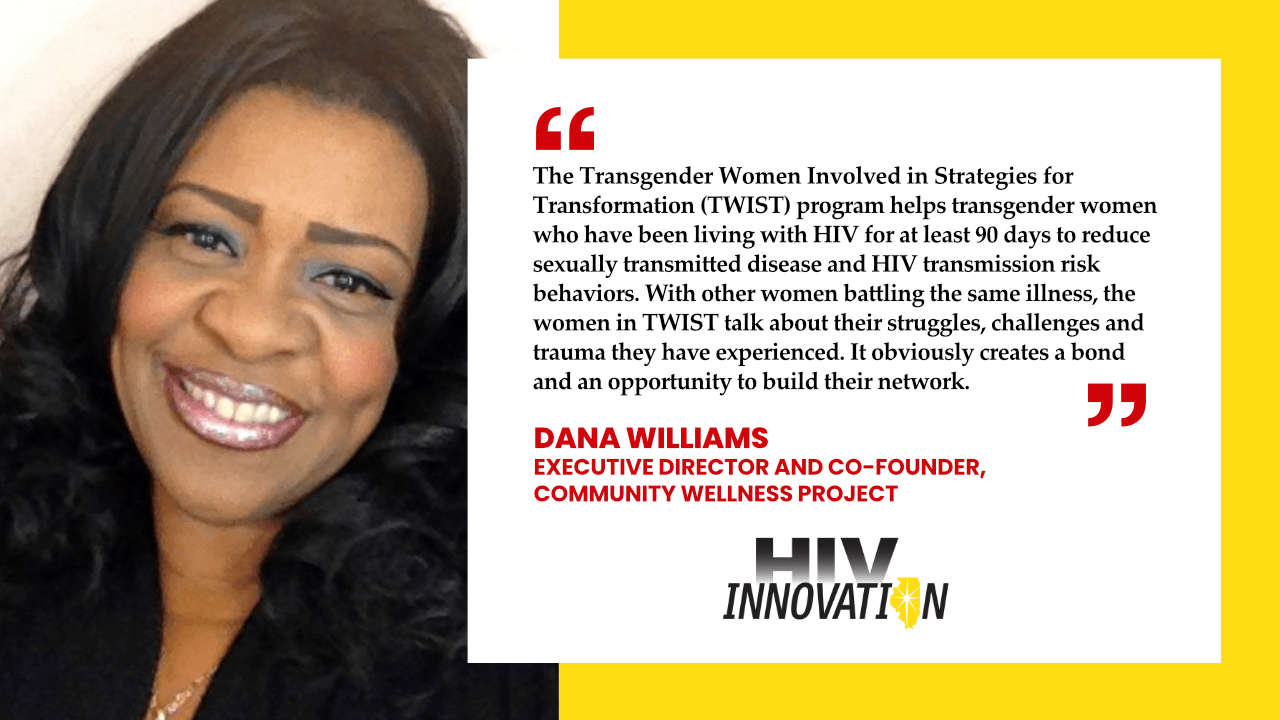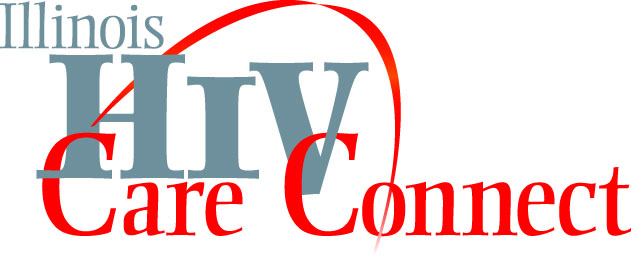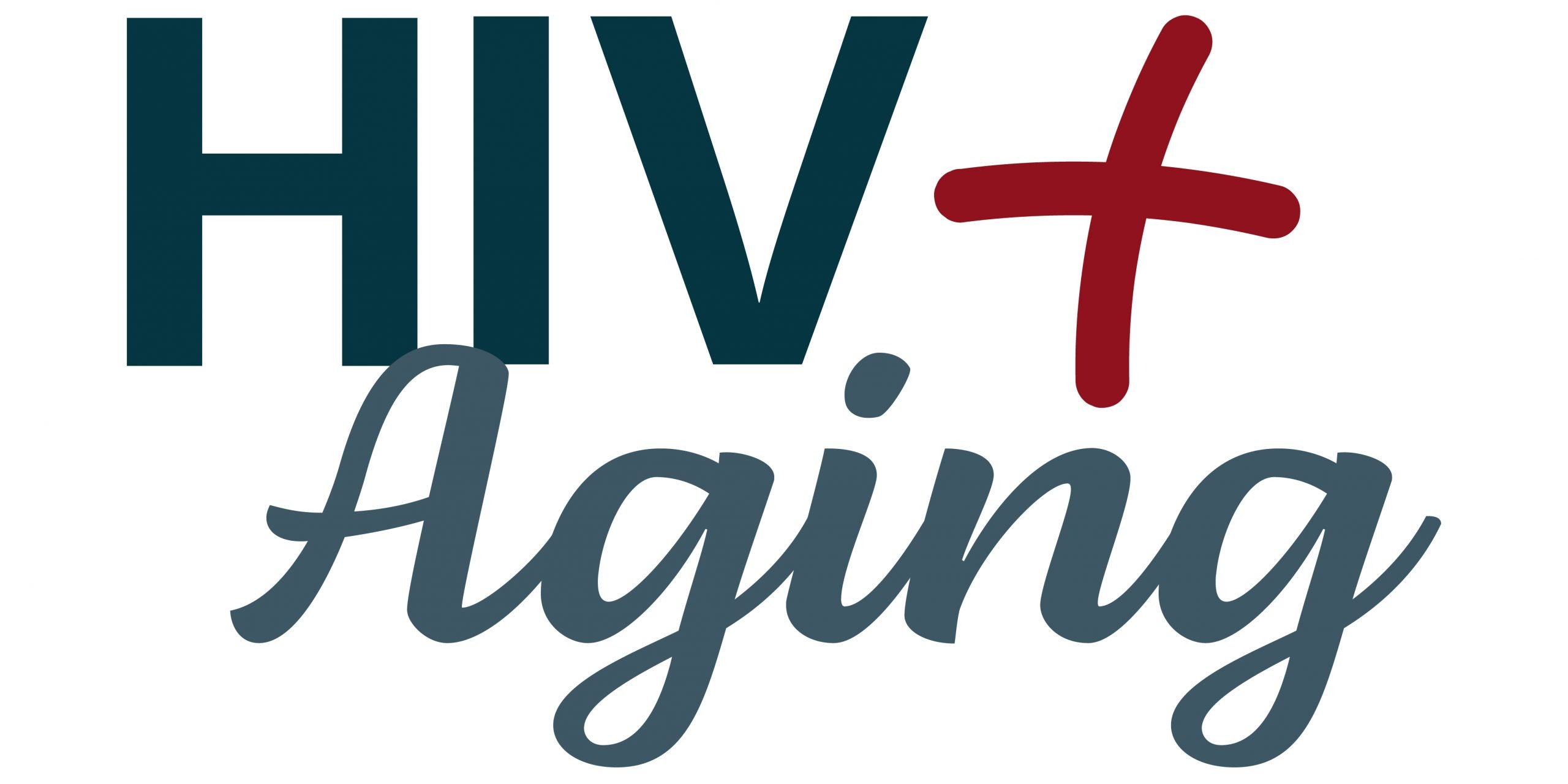An effective behavioral intervention developed by the Centers for Disease Control and Prevention (CDC), the Transgender Women Involved in Strategies for Transformation (TWIST) program helps transgender women who have been living with HIV for at least 90 days to reduce sexually transmitted disease and HIV transmission risk behaviors.
Implemented in Illinois and soon in Missouri by the Community Wellness Project (CWP), TWIST fosters gender affirmation, self-pride, increased social support, increased HIV and STD knowledge, self-efficacy for relationship management, safer-sex practices, and stress reduction.
CWP began implementing TWIST after finding a need to implement a program specifically for transgender women living with HIV/AIDS in the metro St. Louis area. “We know a need exists based on review of statewide HIV data and input from women who are members of this population,” said Dana P. Williams, CWP’s executive director and co-founder.

TWIST provides support and guidance
Transgender women participate in TWIST because they need support and guidance on what to do now that they’re HIV positive, Williams said. “They learn how to navigate the health care system so that they can live long, healthy lives,” she explained. The women, aged 18 years and older, participate in a series of four-hour group sessions led by two adult transgender women, one living with HIV, who are trained to lead TWIST.
“It’s lonely living with HIV and not being able to share with others that you are HIV positive, due to the stigma associated with having and living with HIV,” said Williams. “With other women battling the same illness, the women in TWIST talk about their struggles, challenges and trauma they have experienced. It obviously creates a bond and an opportunity to build their network.”
CWP is one of only three agencies in Illinois certified by the CDC to offer the TWIST program, with the Puerto Rican Cultural Center and Howard Brown Health being the other two.
Williams is a national consultant for CDC and co-wrote curricula for TWIST and another intervention called Women Involved in Life Learning from Other Women (WILLOW), and other programs. WILLOW is like TWIST but for heterosexual women living with HIV.
Knowing their HIV status for 90 days matters
Many women who are newly diagnosed with HIV, no matter how they identify, struggle with that news. The 90 days give women time to let this new reality sink in, Williams said.
Those three months involve different levels of emotional turmoil as women recognize they are living with HIV now and in the future. “It gives them an opportunity to assess where they are and what their needs are in that moment,” she stated.
Learning in a retreat setting
CWP presents its TWIST program as a retreat and is authorized by the state of Illinois to present four retreats in the year ahead. CWP provides transportation to the retreat location and covers all expenses. Participants are able to get away from their day-to-day routines and spend these hours together.
“The retreat format builds camaraderie among the women, ensures they receive every aspect of the intervention, and avoids additional travel time or attendance interruptions,” Williams explained.
Each session builds on the previous information with content throughout the four sessions focused on living life as a transgender woman with HIV:
- Gender pride: Be proud of who you are, how you live, and what you’re about.
- Healthy and unhealthy relationships: Recognize the difference between these relationships.
- Medication adherence: Learn how to adhere to HIV medications to live a long, healthy life.
- Coping skills: Find ways to manage stress and cope with various issues as a person living with HIV.
Williams said the retreat allows time for the women to express themselves, talk about their life journeys, and share how they transformed from where they were to where they are now.
“They get to share that journey with the group. It’s so empowering and inspiring. It gives the women an opportunity to bond with each other and just talk about their struggles, being a trans person living today with HIV. Then, afterwards, many of them have created friends for life, and that is what we want,” she explained.
Agencies wishing to implement TWIST need capacity and passion
To implement the TWIST program, agencies must have access to the population, demonstrate a need for the program, and possess the needed infrastructure and capacity. The peer-led intervention relies on skilled adult transgender women facilitators; Williams stated that it is a requirement that at least one of the group facilitators are living with HIV and can comfortably disclose and discuss her status with the other women. The facilitators go through extensive training, including each of the four TWIST sessions, before they lead their own group.
While CWP always looks for ways to market the program, Williams explained the challenges agencies may face in introducing TWIST. “This is not glorified or upgraded outreach. This is putting the necessary boots-on-the-ground kind of work that is truly needed to reach the population so that the population can be served in a non-biased, culturally sensitive and caring way. What I would say to agencies is this: You have to have the capacity; you have to have a passion to want to do the work.”







